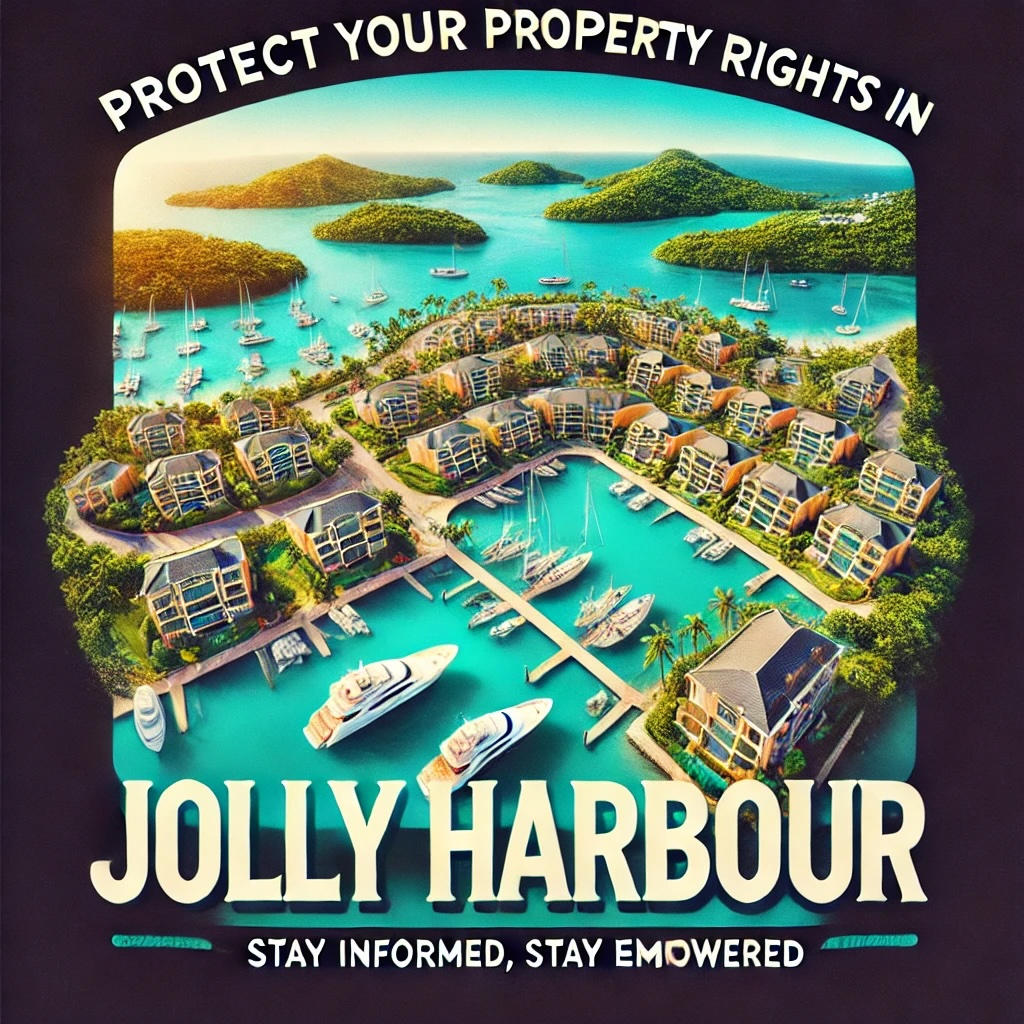1. What Was the Jolly Harbour Sinking Fund (SF)?
2014
CDAL announces creation of "Sinking Fund" for future capital improvements
January 2015
Monthly USD $10 fee implementation begins
May 24, 2018
Guidelines document reveals funds were never properly segregated
In 2014, Caribbean Developments (Antigua) Limited ("CDAL") announced the creation of a "Sinking Fund," intended to cover "future capital items" (infrastructure replacement, major asset repairs, etc.) in Jolly Harbour. Property owners, starting in January 2015, were billed an additional monthly fee—USD $10 (or the EC$ equivalent)—which CDAL claimed would accumulate in an escrow or dedicated account to finance large-scale improvements.
In a later document dated May 24, 2018, CDAL and certain homeowner representatives acknowledged that:
- The SF contributions were never placed in a truly separate escrow account;
- CDAL simply kept these funds within its general accounts; and
- Guidelines for proper use of SF money or robust oversight were not formally instituted until well after the fund began.
📄 Full Article Access
To access the complete article: Contact legal -at- jollyharbour -dot- org with your property details to receive the full content.
